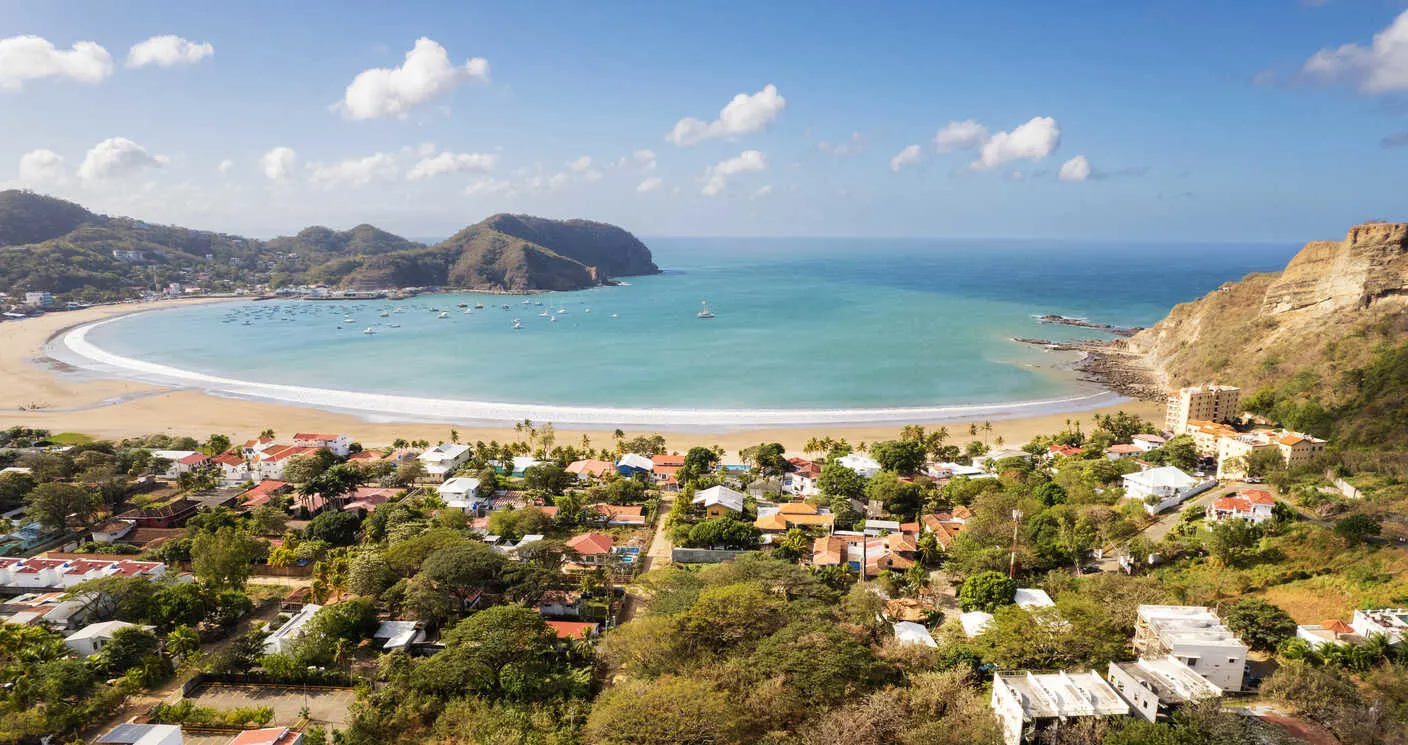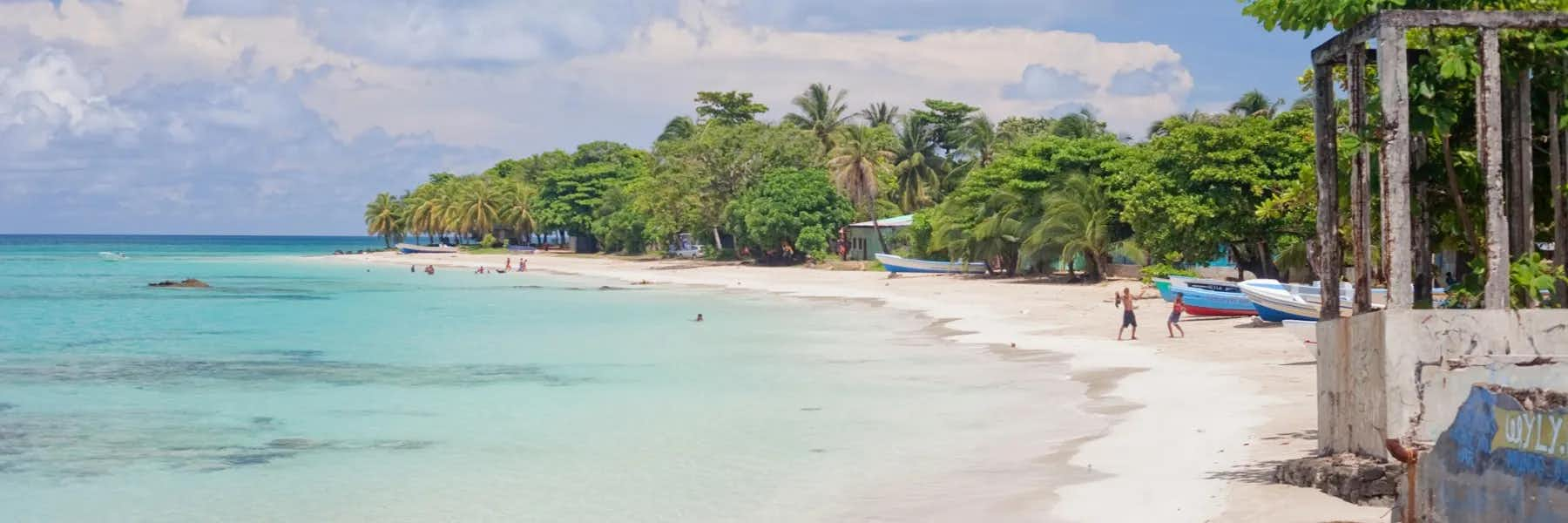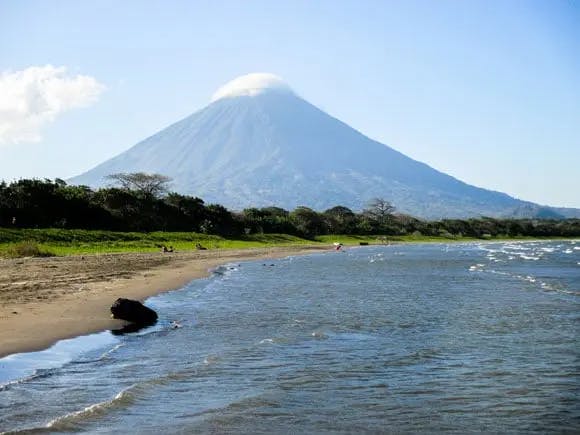Despite its complex political history and current government challenges, Nicaragua continues to attract expats. With stunning natural beauty, the country offers an appealing blend of affordability and a rustic, off-the-beaten-path lifestyle. Its lower cost of living and relative level of development make it an ideal destination for adventurous expats seeking an affordable yet authentic experience in Central America.
Types of Visas

Nicaragua offers several visa options, including temporary and long-term residency for expats, retirees, and investors.
Temporary Visas
Citizens of the US and most of the surrounding countries, as well as most of the European Union, do not need a visa to visit. You do need to pay $10 for a tourist card. Citizens of Australia, Canada, New Zealand, and other countries with no reciprocal agreements with Nicaragua require either a visa or a tourist card for a maximum of 30 days. Note that citizens of these countries must pay a $35 exit tax to leave the country.
Long-Term Visas
Nicaragua offers the standard Central American package of long-term visas:
Pensionado: this requires a guaranteed monthly income of at least $600.00 from a guaranteed source such as a pension or retirement fund, including Social Security. Dependents require an additional $150.00 per month.
Rentista: Similar to the pensionado status, except $750 in monthly income is required from investments, certificates of deposit, stocks, or retirement plans.
Investor: This status is available to anyone who invests at least $30,000 in a business, including tourism, real estate, fishing, and natural resources. It includes family members.
Permanent Residency
Like neighboring Honduras, Nicaragua has no specific category of permanent residency. Instead, each of the visa categories above is considered permanent as long as the visa holder maintains the conditions for approval.
Citizenship
Nicaragua does not allow dual citizenship except for citizens of neighboring countries. However, this is rarely enforced.
Anyone who has lived legally in Nicaragua for five years may apply for citizenship. You must demonstrate a basic understanding of Spanish knowledge of Nicaraguan culture and history, and a stable source of income. On approval you will be required to renounce your previous citizenship, although there do not appear to be any mechanisms to enforce this.
Requirements and Documentation
Letter explaining the type of residency desired.
Proof of income.
Passport valid for one year from the date of application.
Police record showing good standing with the law.
Health certificate.
Passport photograph, size 6 cm by 6 cm.
Processing Time
Applications for long-term residency take from two to eight months. Income based visas usually take less time, while investor and business visas take longer.
Cost
Income-based long-term visas cost between $100 and $200. Investor and business visas cost between $200 and $300. Applying for permanent residency costs between $150 and $250. There may also be additional costs for translations, and legal assistance, which can add between $500 and $1000 to the cost.
Contacts
Nicaraguan Embassy in the U.S
1627 New Hampshire Ave. N.W., Washington, D.C. 20009
Tel. (202) 939-6570
Email: mperalta@cancilleria.gob.ni
Note: Nicaragua’s US embassy also handles immigration issues for Canadian citizens.
Consult with Me, One-on-One
My Mission: To Make Your Life Simpler, Safer, and Freer … Not More Complicated
Stop overcomplicating, second-guessing, or giving in to “information paralysis” … Let’s sit down together (online), and I’ll help you create a custom blueprint for your international goals… second passports, tax, travel, retirement, estate, business, and more…














